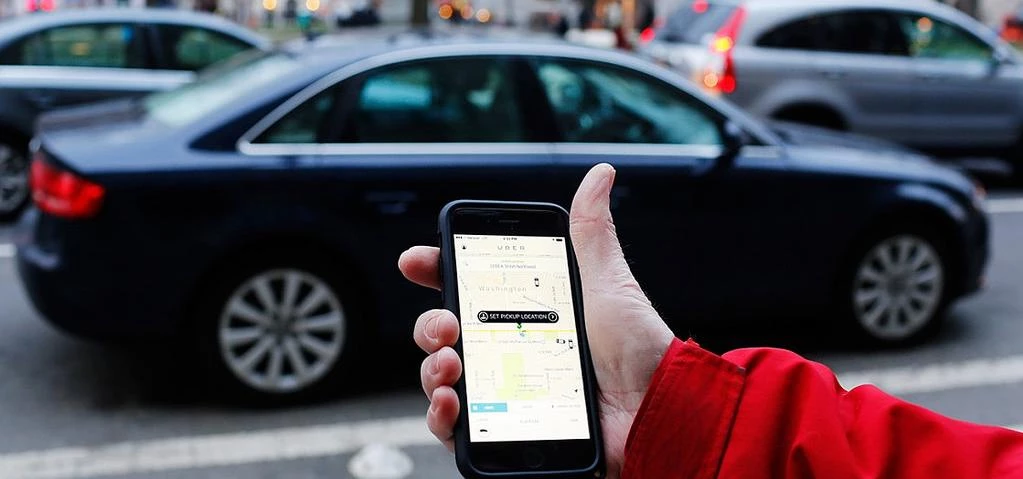
Partner Article
Uber says driver’s livelihoods are at risk as TfL forges ahead with mandatory English tests
Transport for London (TfL) is to forge ahead with plans to introduce compulsory English tests for private hire drivers, despite Uber’s stern protestations.
From 1 April 2017 all those wishing to become private hire drivers or who wish to renew their licenses will have to complete a mandatory two-hour written English test to prove their proficiency, which includes those who have English as their first language.
It comes after Uber had objected the original proposals which offered an exemption to English-speaking drivers, with claims that they were discriminatory against migrant and non-native speakers.
TfL have said there will be exemptions in place for drivers who can provide ‘satisfactory evidence’; however, those who unable to provide documentary evidence will have to face up to a potential £200 outlay to complete the exam.
According to the Guardian, an Uber spokesperson has branded the new plans ‘disappointing’ and accused TfL of putting driver’s livelihoods at risk.
The spokesperson said: “It’s disappointing that, to try and dig themselves out of a legal hole, TfL is now insisting every private hire driver in London must have essay writing skills.”
“We’ve always supported spoken English skills, but passing a written English exam has nothing to do with communicating with passengers or getting them safely from A to B.
“Thousands of drivers who’ve spent years providing a great service to Londoners will now have to fork out £200 and pass a writing exam, try to find an old GCSE certificate or lose their licence and their livelihood.
“Transport for London should think again and scrap these unnecessary new rules.”
Helen Chapman, TfL’s general manager for taxi and private hire, argued that communicating in English to an appropriate level was ‘crucial’ to ensure passenger safety.
She said: “It is essential for public safety that all licensed drivers can communicate in English at an appropriate level.
“Drivers must be able to communicate with passengers to discuss a route, or fare, as well as reading and understanding important regulatory, safety and travel information.
“We are clear that this is crucial to a driver’s role in transporting the public.”
Looking to promote your product/service to SME businesses in your region? Find out how Bdaily can help →
Enjoy the read? Get Bdaily delivered.
Sign up to receive our popular morning London email for free.








 Putting in the groundwork to boost skills
Putting in the groundwork to boost skills
 £100,000 milestone drives forward STEM work
£100,000 milestone drives forward STEM work
 Restoring confidence for the economic road ahead
Restoring confidence for the economic road ahead
 Ready to scale? Buy-and-build offers opportunity
Ready to scale? Buy-and-build offers opportunity
 When will our regional economy grow?
When will our regional economy grow?
 Creating a thriving North East construction sector
Creating a thriving North East construction sector
 Why investors are still backing the North East
Why investors are still backing the North East
 Time to stop risking Britain’s family businesses
Time to stop risking Britain’s family businesses
 A year of growth, collaboration and impact
A year of growth, collaboration and impact
 2000 reasons for North East business positivity
2000 reasons for North East business positivity
 How to make your growth strategy deliver in 2026
How to make your growth strategy deliver in 2026
 Powering a new wave of regional screen indies
Powering a new wave of regional screen indies